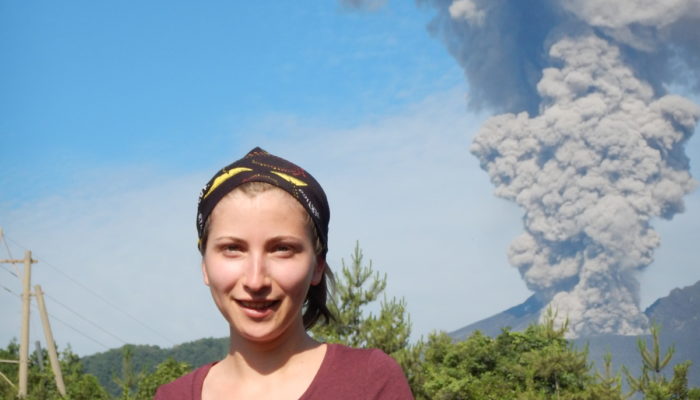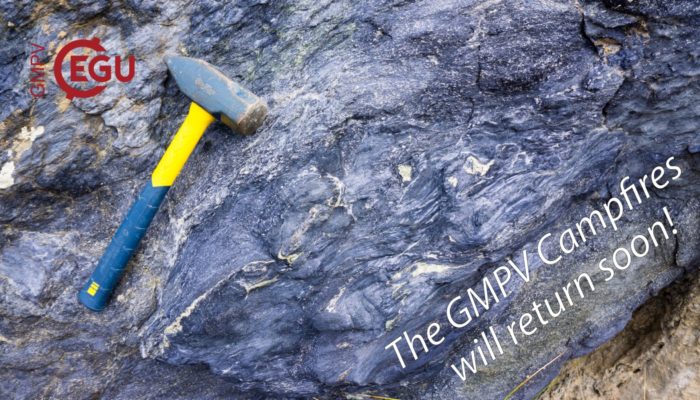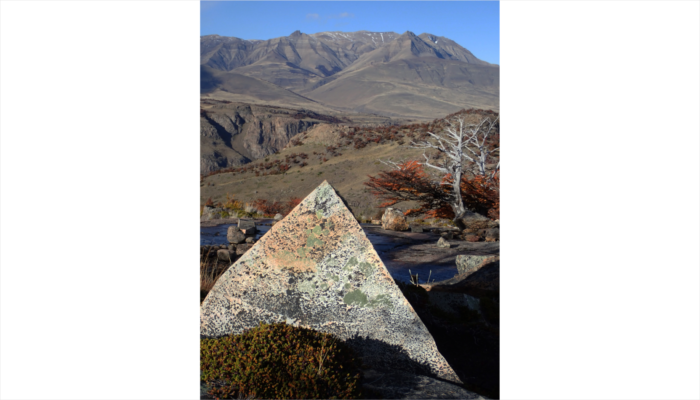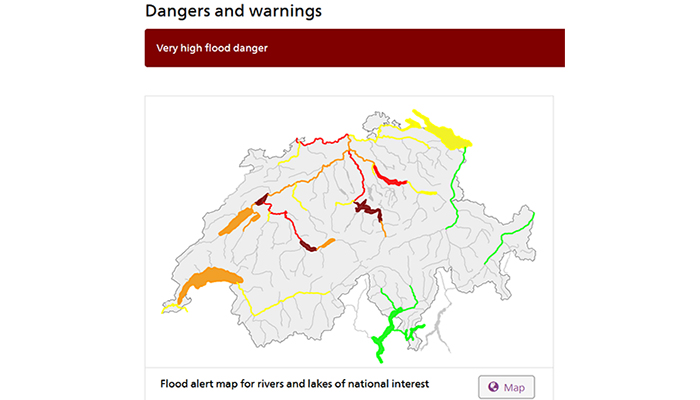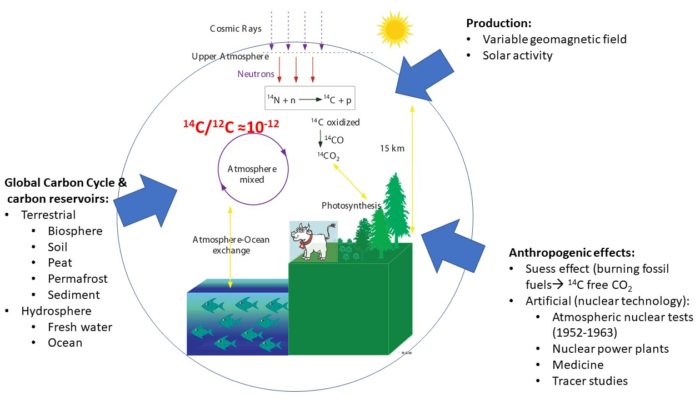While savouring a refreshing beverage and browsing through news of [yet another] dystopian summer, Ethan keeps receiving notifications from his e-mail. It turns out that he is insistently being asked to review (again and again) a paper. Naturally, he turns to me to ask: How can I refuse doing paper reviews? Dear Ethan, A question as old as time academia! The increase in publication volumes in the ...[Read More]
GeoLog
GeoTalk: Meet Valeria Cigala, the Natural Hazards Division’s Early Career Scientist Representative
Hello Valeria, thank you for talking with us today! Could you tell us a bit about yourself? Hi Simon, I’m delighted to talk with you today; thank you for the opportunity! I originally come from Italy, and I work as a postdoc researcher at Ludwig-Maximilians-Universität (LMU) Munich, in Germany, in experimental and physical volcanology. In particular, I’m working on my DFG funded projec ...[Read More]
Geodynamics
Join the EGU GD social media team!
Join our enthusiastic team of social media managers! We are looking for new people who are interested in joining an enthusiastic team of young researchers to help manage the EGU Geodynamics social media platforms (Facebook and/or Twitter) for the new academic year. This is an excellent opportunity for early-career researchers to expand their scientific circle while working within the EGU G ...[Read More]
Geochemistry, Mineralogy, Petrology & Volcanology
EGU GMPV Campfires: See you in September!
The GMPV Campfires will take a summer break and will be back in September! We would like to thank all the speakers for sharing their science with the GMPV community and all the attendees for participating and helping to improve the discussion so far. Our goal is to create a network of early career scientists, both within GMPV and among EGU Divisions, so your contribution is precious! Let’s k ...[Read More]
GeoLog
Imaggeo On Monday: Rock pyramid shaped by weathering
The almost perfect rock pyramid in the foreground was formed by physical weathering and found in the Los Glaciares National Park in southern Argentina. The block was deposited on top of a rock surface polished by glacial erosion. The pyramidal peaks in the background are also the result of glacial erosion, albeit on a much larger scale. Description by Christoph Mayr, after the description o ...[Read More]
Soil System Sciences
The importance of our SSS (…Soil Support Staff!) #7
Let’s once again pause to celebrate the wonderful work carried out by technicians, laboratory assistants, and research support staff in soil science. This monthly blog post is our opportunity to thank these key individuals, and their tireless efforts to maintain our laboratories, carry out fieldwork, and make research happen! You can read our previous conversations with a diverse range of soil sci ...[Read More]
Tectonics and Structural Geology
Mind your Head: Five tips on mindful productivity at work
This Mind your Head blog post is a follow-up from Maria Scheel’s talk during the latest short course around mental health at #vEGU21. Before guiding a wonderful mindfulness pop-up event, Maria talked about how she struggled with unrealistic expectations, feeling insufficient and alone as a PhD student during the last lockdown. She turned this around by radically redefining her motivation, goals an ...[Read More]
Hydrological Sciences
Hydrological modelling in times of flooding
What a strange summer! Depending on where you live, you might currently be suffering from heat. In Switzerland, we are suffering from an exceptionally rainy and stormy weather situation, with high to very high flood danger issued for many major rivers and lakes (see warning map above, taken from the Federal Office for the Environment FOEN on Wednesday 14 July). For certain rivers, controlled flood ...[Read More]
Climate: Past, Present & Future
Bomb 14C – a tracer and time marker of the mid-20th century
1950 CE is known as the year zero in the so-called ‘BP time scale.’ The BP stands for, “Before Present,” and has its roots in the development and conventions of radiocarbon dating [1]. The radioactive isotope of carbon (14C) with a half-life of 5700 years [2; 3] is a cosmogenic isotope produced in the atmosphere by secondary cosmic rays (SCR). Thermal neutrons, the SCR particle responsible for the ...[Read More]
Geodynamics
The geophysicist’s toybox
Simplified models or toy models explain the complex Earth processes fairly well, even though they are far from reality. In this week’s Geodynamics 101, Adam Beall, Research Associate at Cardiff University, discusses some of his favourite geophysical toy models! I remember being excited to first hear about scientists doing Earth modelling and imagined impressive computer visualisations of tec ...[Read More]


